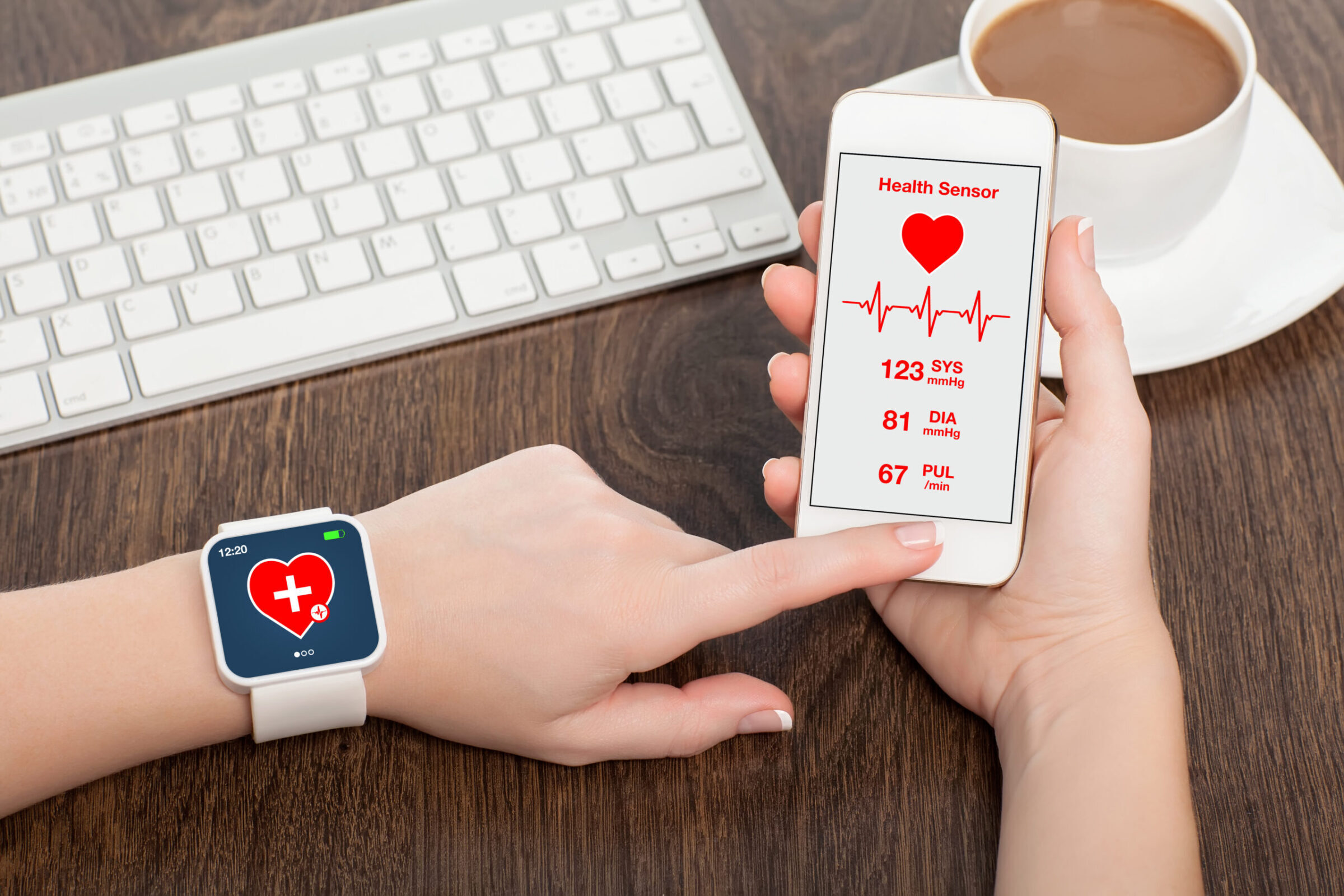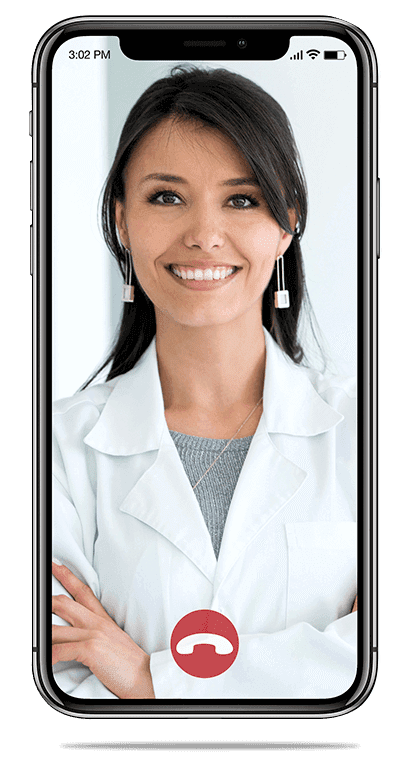How Mobile Apps Can Help Patients With Chronic Illnesses
May 12, 2021

Chronic illnesses are responsible for 70% of deaths in the United States. On top of that, chronic illnesses are also a primary cause of disabilities across the country and people who have them are more frequent users of healthcare than those who don’t.
With so many people affected by chronic illnesses, new solutions are needed to help patients manage their illnesses and help doctors support their patients.
How Does a Mobile App Help Doctors Treat Patients with Chronic Illnesses?
A challenge doctors face is helping patients with chronic illnesses manage their condition. Fortunately, modern technological innovations that we already use in everyday life may be the solution. Mobile apps are already convenient for so many things, from entertainment and communication to organization and education. So how can mobile apps help patients with chronic illnesses?

Patient Monitoring
One of the major challenges of working with patients with chronic diseases is that much of the daily management of the illness has to be done by the patients themselves. Many patients become overwhelmed by the daily care required for managing the illness. They then fall back into bad health habits and often don’t correctly take required medications, which may ultimately result in a trip to the emergency room.
Mobile apps can allow doctors to monitor their patients’ progress. Knowing that their physicians are keeping track of their medication and behaviors regarding their chronic illness can help patients stay on track. Using a mobile app could give patients the support they need from their doctors to better stay on top of managing their condition.
Easier Communication
When a patient has a chronic illness, they may have frequent questions for their doctors. If their only method of communicating with their physician is to come in for an office visit, that can be disruptive to both the patients’ lives and to the doctor’s practice as more office time is taken up for the same person. Using a mobile app instead can give patients the tools to easily communicate remotely with their doctors, saving both time and energy.
Low Cost
Using mobile apps can be a low-cost solution that is easily distributed to patients. Most patients already have smartphones and tablets that can handle mobile apps. Plus, they already use these devices in their daily lives. This means that beyond investing in software that is compatible with mobile apps, there’s likely to be minimal cost to distribute it to patients. In fact, if the doctor’s version of the software is also an app, the cost may be even less.
Easy for Patients to Use
Another benefit is that mobile apps tend to be very easy for patients to use. There may be minimal training in how to use them, but mobile apps are often very intuitive. Plus, patients most likely already use other apps that operate on similar logic. It would be easier for them to learn a new app on a device they’re already familiar with and comfortable using.
Supplementary to a Treatment Plan
As useful as mobile apps are, they can’t substitute for actual medical treatment plans. The doctor won’t be replaced by a digital device. The digital devices will be a supplementary tool that can help doctors assist patients with chronic illnesses and manage their conditions from home. Mobile apps can help to implement a treatment plan rather than replacing it.
What Can Patients Do on a Mobile App?
Mobile apps can be used to track overall health. If losing weight would benefit a patient’s chronic condition, then they can track their weight on an app. The same goes for exercise and diet.
For people who have to take medication, an app can remind them to take it. Patients can log when they have taken their medication and an app might be able to send that data directly to their doctors. Additionally, a smart watch could be used to monitor patient vitals and send that data to an app.
For informational purposes only.

